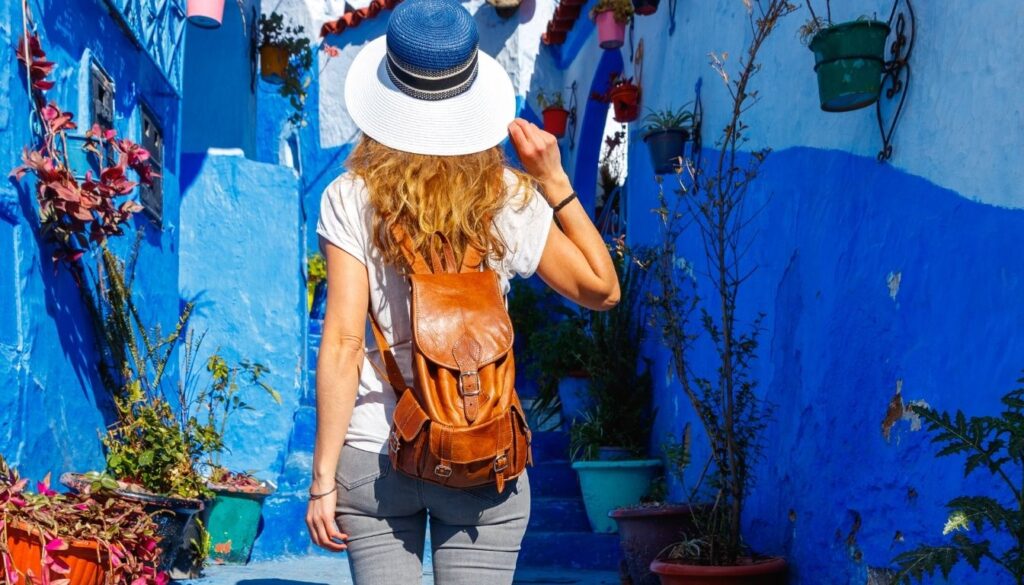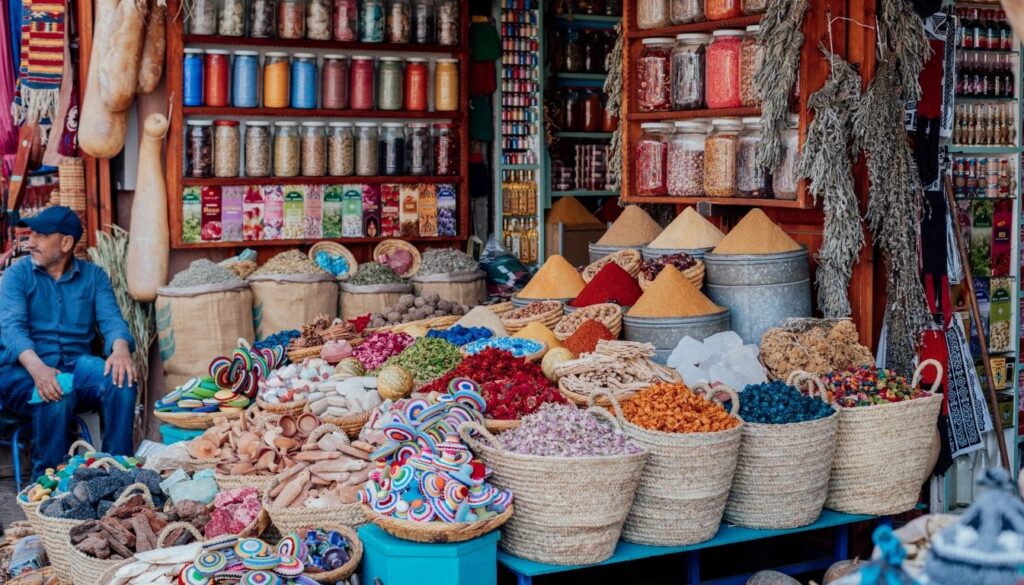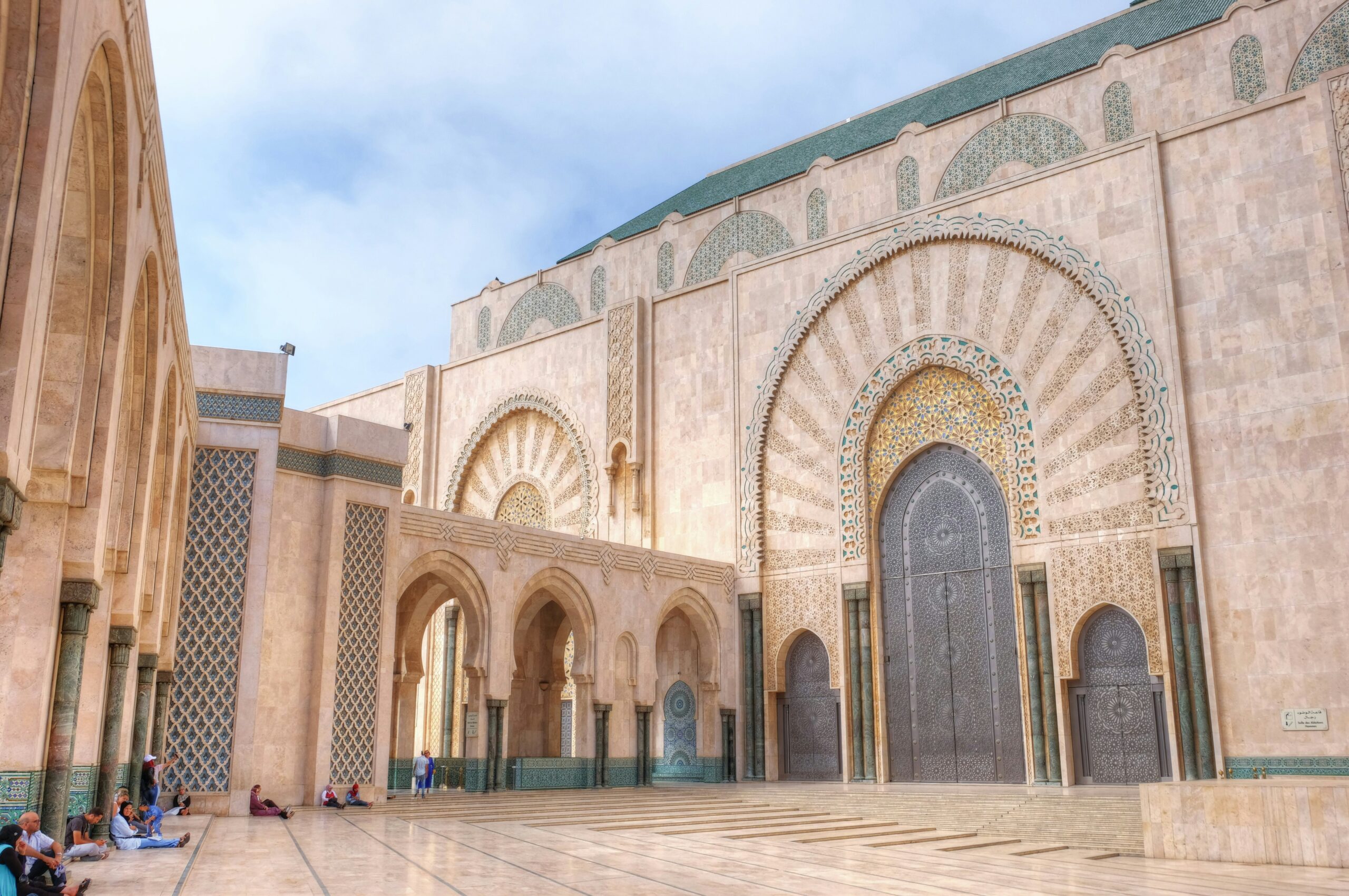Morocco, with its bustling souks, expansive deserts, and historic cities, is an enchanting destination that draws thousands of tourists each year. Whether you’re planning to explore the vibrant streets of Marrakech, trek the Atlas Mountains, or immerse yourself in the cultural richness of Fes, Morocco offers a unique travel experience. However, before you embark on this adventure, it’s important to consider Morocco travel safety—especially if you’re a first-time visitor.
In this guide, we’ll cover everything you need to know about Morocco travel safety, including essential tips, common safety concerns, and advice for staying secure throughout your journey. We’ll also address whether Morocco is safe for tourists in 2025, so you can explore with confidence.
Why Morocco Travel Safety Should Be a Priority for Tourists
When planning your trip to Morocco, one of the first things you should consider is Morocco travel safety. Although the country is generally considered safe for tourists, like any other international destination, there are certain precautions to take. It’s essential to research and plan ahead to ensure your trip remains enjoyable, safe, and hassle-free.
General Safety Overview for Morocco Tourists
Morocco is a relatively safe country for tourists, especially in the major tourist areas. However, there are certain places and situations where travelers should exercise extra caution. Like any popular tourist destination, Morocco does face some safety issues, including petty theft, scams, and occasional political unrest. These risks are not unique to Morocco but are common in many global tourist hotspots.
The key to staying safe is to be aware, informed, and prepared. In this post, we’ll provide practical advice on how to safeguard yourself, your belongings, and your health while visiting Morocco.
Is Morocco Safe for First-Time Visitors? What You Need to Know

If you’re wondering whether Morocco is safe for first-time visitors, the answer is generally yes, but it depends on your travel style and the precautions you take. While the country is known for its warm hospitality and rich culture, there are a few safety aspects you should keep in mind as a first-time tourist.
Common Safety Concerns in Morocco
1. Petty Theft and Pickpocketing:
Like any bustling tourist destination, petty theft is a common problem. Pickpockets often target crowded areas such as markets, bus stations, and busy streets. It’s important to keep your belongings secure at all times. Avoid carrying large amounts of cash, and use a money belt or cross-body bag to keep valuables close.
2. Scams and Tourist Traps:
Scams are a reality in many popular tourist destinations, and Morocco is no exception. Common scams include overly friendly locals offering unsolicited assistance and then demanding high fees for their help. Be wary of “guides” who approach you uninvited in the streets, especially in cities like Marrakech and Fes.
3. Health Concerns:
Health and hygiene can vary depending on where you are in Morocco. Tap water in many cities is not safe to drink, so it’s essential to stick to bottled water to avoid foodborne illnesses. Be mindful of street food vendors, as some may not adhere to the highest food safety standards.
Essential Morocco Travel Safety Tips for First-Time Tourists
Whether you’re exploring the medina in Marrakech or hiking in the Atlas Mountains, following a few simple Morocco travel safety tips can significantly enhance your experience and reduce the likelihood of encountering issues.
1. Dressing Appropriately for Moroccan Culture
Moroccan culture is deeply rooted in tradition and conservatism, particularly when it comes to dress. While Morocco is a popular tourist destination, it is important to respect local customs. For both men and women, dressing modestly is advised, especially in smaller towns and rural areas. Women should avoid wearing shorts, short skirts, or low-cut tops in public places.
2. How to Stay Aware of Your Surroundings
Staying aware of your surroundings is essential for safe travel in Morocco. The cities are often crowded with tourists and locals, which makes it easier for pickpockets to operate unnoticed. Always keep an eye on your belongings, especially in crowded areas like Jemaa el-Fnaa Square in Marrakech or in the souks (markets).
It’s also a good idea to avoid walking alone at night, particularly in unfamiliar or poorly lit areas. Opt for well-lit streets and consider using reputable transport options, such as taxis or ride-hailing apps like Uber or Careem, rather than walking late at night.
3. Avoiding Common Scams and Tourist Traps in Morocco
While Morocco tourist safety can be excellent with the right precautions, scams are relatively common in tourist hotspots. Here are a few tips to avoid being scammed:
- Unsolicited assistance: Be cautious of locals who offer to guide you around the city or help you with directions without being asked. If you do hire a guide, make sure to agree on a price beforehand.
- Fake guides and fake tickets: Some individuals may claim to be tour guides or ticket sellers, only to take your money and disappear. Always book tours and tickets through reputable sources.
If you feel uncomfortable or pressured, walk away politely. Trust your instincts.
Staying Safe in Morocco’s Major Cities

Each city in Morocco presents unique safety considerations, and it’s important to understand what to expect in different locations.
Safety Tips for Marrakech, Casablanca, and Fes
- Marrakech: As one of Morocco’s most famous cities, Marrakech attracts millions of visitors each year. While it’s generally safe for tourists, the busy medina (old town) can be chaotic and overwhelming, particularly around the famous Jemaa el-Fnaa Square. Be prepared for constant attention from vendors, guides, and touts. Always negotiate prices before agreeing to buy anything, and never accept unsolicited “free gifts” from locals.
- Casablanca: Known for its modernity and cosmopolitan vibe, Casablanca is relatively safe, but it’s still wise to exercise caution in busy areas. Petty theft can occur in touristy spots, so keep an eye on your belongings. The city is also home to a large population, so traffic congestion and noisy crowds can sometimes be a challenge.
- Fes: The old city (Fes el-Bali) is a UNESCO World Heritage site and a must-see for anyone interested in Moroccan history and culture. It’s also a maze of narrow alleys and streets, making it easy to get lost. Hire a guide if you want to explore this area thoroughly. As in other Moroccan cities, be aware of scam artists, especially around the tanneries.
Best Neighborhoods for Tourists to Stay In
When it comes to choosing where to stay, opt for well-known neighborhoods and areas where other tourists tend to gather. For instance, in Marrakech, the area around the Medina is popular, and staying near Gueliz can offer a more modern, less chaotic experience. In Fes, staying near the Fes el-Jdid area can be a good choice for easy access to restaurants and attractions.
Solo Travel in Morocco: How to Stay Safe
Many solo travelers visit Morocco and have incredible experiences, but it’s important to take specific precautions if you’re traveling alone.
Tips for Solo Travelers in Morocco
- Be cautious with your interactions: While Morocco is generally welcoming, solo travelers—especially women—should be mindful of local customs. If you’re approached by strangers offering unsolicited help or conversation, be polite but firm if you’re not interested.
- Avoid isolated areas: Stick to well-populated areas and avoid remote locations, particularly at night.
- Stay connected: Keep your family or friends updated on your whereabouts, and always have a charged phone with you. Consider using location-sharing apps or social media check-ins.
Safety Precautions for Women Traveling Alone in Morocco
Women traveling solo in Morocco should take extra care, especially when visiting rural or less touristy areas. While Morocco is a relatively safe destination for women, cultural differences may lead to unwanted attention. Here are some key tips for female travelers:
- Dress modestly: As mentioned earlier, modest dress is important in Morocco. This is especially true for women, who should avoid revealing clothing. A loose-fitting dress or pants and a long-sleeve shirt are appropriate.
- Use common sense: Always trust your intuition. If something doesn’t feel right, leave the area or seek help.
Health and Emergency Safety Tips for Morocco Visitors
Ensuring your health and well-being is essential when traveling abroad. Here’s what you need to know about staying healthy and safe in Morocco.
What to Do in Case of Illness or Injury
If you fall ill or suffer an injury while in Morocco, it’s important to seek help immediately. Morocco has good medical facilities in most major cities, and many doctors speak English or French. However, in rural areas, medical care may be less accessible.
Make sure you have travel insurance that covers medical expenses abroad. Emergency services in Morocco can be contacted by dialing 19.
Travel Insurance and Emergency Services in Morocco
Before you leave for Morocco, make sure you purchase comprehensive travel insurance. This can cover everything from lost luggage to medical emergencies. In addition to insurance, always keep a list of emergency numbers and addresses for nearby embassies.
Is Morocco Safe for Tourists in 2025? Understanding the Current Safety Landscape
Morocco’s political situation has remained stable for many years, and the country is generally considered safe for tourists. In 2025, the safety landscape in Morocco is expected to remain positive for travelers, with ongoing efforts to improve infrastructure, public services, and security.
While occasional protests may occur,
they are typically peaceful and do not impact tourists. As with any destination, it’s important to stay informed about any travel advisories and local conditions.
How to Prepare for Your Trip: Morocco Travel Safety Checklist
To make sure you’re fully prepared for your trip to Morocco, here’s a simple safety checklist:
- Visa requirements: Make sure you have a valid passport and, if required, a tourist visa.
- Vaccinations: Check if you need any vaccinations or health precautions before traveling to Morocco.
- Money: Carry a mix of cash and credit cards, but keep valuables secure.
- Emergency contacts: Keep a list of emergency contacts, including your country’s embassy in Morocco.
Conclusion: Traveling Safely in Morocco as a First-Time Visitor
Morocco is an extraordinary destination with rich history, vibrant culture, and stunning landscapes. While it’s generally safe for tourists, following a few simple precautions can help ensure your trip is as safe and enjoyable as possible. By respecting local customs, staying aware of your surroundings, and taking the right precautions, you can make the most of your Moroccan adventure while minimizing risks.
Safe travels, and enjoy all that Morocco has to offer!


